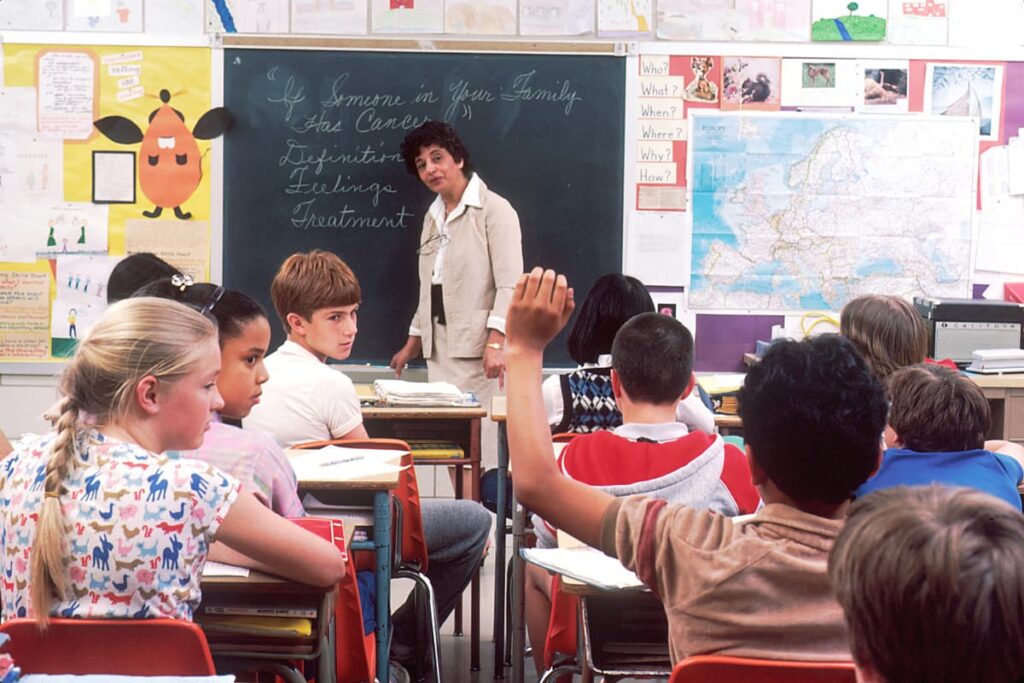We all want to be polite and respectful to our teachers, but sometimes we unknowingly engage in habits that can annoy them. In this article, we’ll explore ten common habits that teachers may dislike and discuss practical ways to improve them, fostering stronger teacher-student relationships along the way.
Table of Contents
Interrupting in Class

When we have questions or thoughts during class, it’s natural to want to speak up right away. However, interrupting the teacher or other students disrupts the flow of the lesson. Instead, jot down your ideas and wait for an appropriate time to share, like a Q&A session or when the teacher invites questions.
Being Chronically Late

Consistently arriving late to class not only disrupts your own learning but also shows a lack of respect for the teacher’s time and the learning environment. Prioritize punctuality by setting reminders, getting organized in advance, and giving yourself enough time to reach class on time.
Excessive Side Conversations

Engaging in lengthy conversations with classmates during class distracts everyone, including yourself. While it’s tempting to chat, save non-class-related conversations for breaks or after class. Stay engaged in the lesson and be considerate of those around you.
Using Electronics Inappropriately

We all love our gadgets, but using electronic devices for personal purposes during class is a no-no. Resist the temptation to scroll through social media, play games, or text friends. Instead, focus on the lesson, take notes, and actively participate in class discussions.
Ignoring Homework or Assignments

Homework and assignments are designed to enhance your learning, and teachers invest time in providing feedback. Neglecting to complete homework or disregarding assignments sends the message that you don’t value their efforts. Show respect by completing tasks on time and seeking help when needed.
Lack of Preparation

Coming to class unprepared without necessary materials or readings suggests a lack of dedication to your education. Take the time to review assigned readings, complete homework, and bring required materials. Being prepared allows you to participate and get the most out of the class actively.
Disruptive Behavior

Behaviors like talking out of turn, making disruptive noises, or causing distractions disrupt the learning environment for everyone. Practice self-discipline and be mindful of how your actions impact others. Create a conducive atmosphere where everyone can focus and learn.
Ignoring Instructions

Teachers provide instructions to guide your learning, and ignoring or disregarding them can lead to misunderstandings. Actively listen, take notes, and seek clarification when needed. By following instructions, you show attentiveness and a willingness to learn.
Lack of Participation

Participating in class demonstrates your engagement and interest in the subject. Avoid staying silent or appearing disinterested. Contribute to discussions, ask questions, and share your thoughts to show your enthusiasm for learning and encourage meaningful interactions.
Failure to Show Appreciation

Teachers devote their time and effort to providing you with an education. Failing to express gratitude or acknowledge their hard work can be disheartening. Take a moment to show appreciation, whether through a simple thank-you or a heartfelt note. Recognize their dedication and the positive impact they have on your learning journey.








